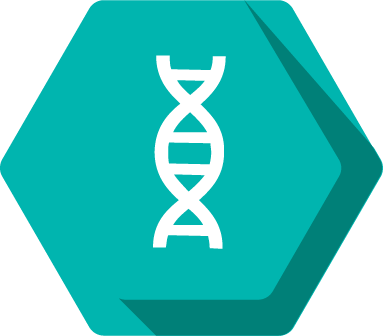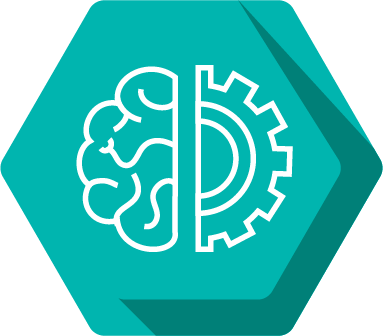Jingtong Zhao

Pronouns: She/Her/Hers
Research Mentor(s): Yang Zhang, Professor
Research Mentor School/College/Department: Department of Computational Medicine & Bioinformatics, Michigan Medicine
Presentation Date: Thursday, April 22, 2021
Session: Session 1 (10am-10:50am)
Breakout Room: Room 16
Presenter: 7
Abstract
Protein structure prediction is a crucial step to understanding and transforming biological and cellular functions. Most proteins exist with multiple domains in cells for cooperative functionality. However, due to the technical difficulties in structural biology, most of the multidomain proteins have only single domain structures solved. To guide the multidomain protein modeling, we present a two-step procedure method to detect the analogous templates from the multidomain protein structure library which includes the multidomain proteins with known full-length structures through the structural alignment. In the first step, individual domains are used to evaluate each template by TM-align, regardless of the overlap between the alignments of different domains, and the average TM-score of all domains is calculated as the local score of a template. In the second step, the top 500 templates selected from the first step are evaluated by the TM-align again with no overlap allowed in the alignments of different domains, and the average TM-score is defined as the global score of a template. Finally, the template with the best global score is selected as the best template. We test the method over 2,269 non-redundant proteins with 2 domains. With homologous templates with sequence identity >30% to the targets excluded, the results indicated that >80% of target proteins have at least 1 template with a TM-score >0.5 and alignment coverage >90%. The data demonstrate that most interdomain orientations can be inferred from the template library, which probably can be used to assist the multidomain protein structure assembly from the independently determined/predicted domain models.
Authors: Xiaogen Zhou, Jingtong Zhao
Research Method: Computer Programming







